Share
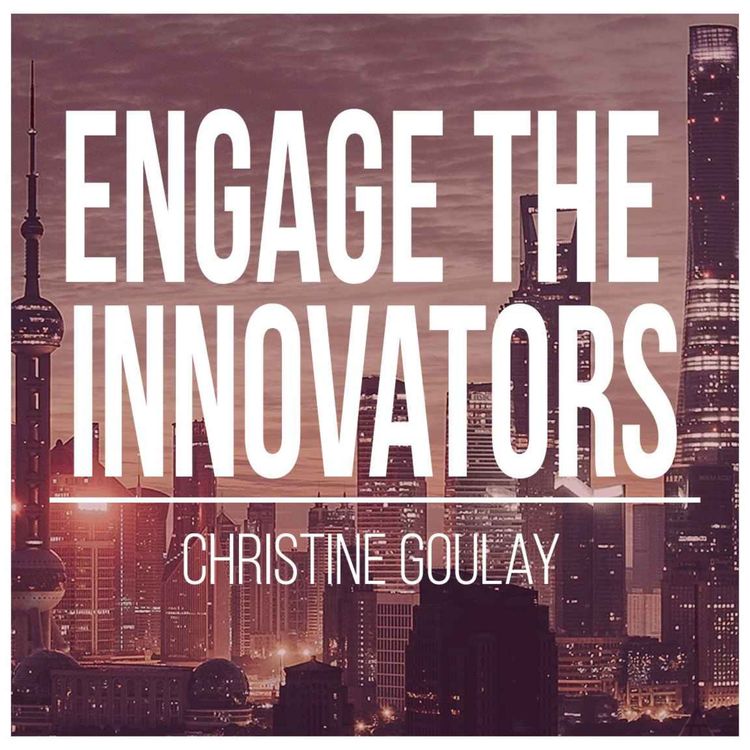
Sustainable Ambassador Podcast
Next-Generation Materials & Sustainable Fashion
•
In this episode, we speak with Christine Goulay, a sustainable innovation expert, about her recent report on next-generation materials and sustainable fashion.
It is a report, and conversation, that brings to light some of the key challenges of scaling sustainable solutions and provides practical advice for how innovators can learn to pitch better, corporates can learn to better align with innovators, and through new models of collaboration, scale can be achieved.
If you’ve ever wondered how new materials move from idea to mainstream—or how to champion sustainability inside a brand—this episode is packed with practical tips and real-world lessons.
More episodes
View all episodes

Power of Benchmarks to Accelerate Corporate Action
33:38|In this episode, we speak with Gerbrand Haverkamp, Executive Director and co-founder of the World Benchmarking Alliance (WBA), about what benchmarking is for—and of the power benchmarks have to accelerate corporate action. Gerbrand explains why WBA was founded in the wake of the SDGs, how WBA translates evolving standards into comparable measures of performance, and how change happens through a mix of learning, pressure, and ultimately norm-setting. The conversation closes with a grounded message to sustainability leaders: focus on what actually reduces emissions, restores nature, and improves lives—because that’s what will stand the test of time.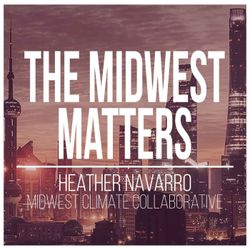
Making Climate Progress in the Midwest
48:11|In this episode, we speak with Heather Navarro about her work at the Midwest Climate Collaboration to support a spectrum of stakeholders making climate progress in the Midwest.Through our discussion, we explore why the Midwest may be one of the most consequential regions in the world for climate progress — and why the most effective work happening there often doesn’t look like “climate action” at all.Along the way, you’ll hear practical lessons from the intersection of advocacy, governance, and implementation — including why solutions break down without the people who have to live with them, enforce them, and maintain them.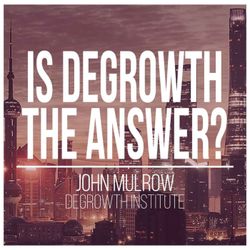
What If Sustainability Isn't Enough?
37:33|In this episode of the Sustainable Ambassador Podcast, we dive into the concept of degrowth with John Mulrow, founder of the Degrowth Institute and adjunct professor at Purdue University, as a way to answer the question "What if sustainability isn't enough?" A question many sustainability professionals have begin to reflect on as they seek to better understand true impact of their work—and question whether efficiency gains and carbon reductions are enough— at the same time the topic of degrowth is emerging as a conversation about what the wider goals should be.John unpacks what degrowth really means—beyond the buzzword—and why it's essential for achieving ecological sustainability and social justice. We explore the shortcomings of traditional sustainability frameworks, the role of economic savings in fueling further consumption, and how professionals and organizations can begin to challenge the growth paradigm in their own work. With thoughtful insights into equity, historical responsibility, and systems thinking, this episode pushes us to reimagine prosperity in a world of limits.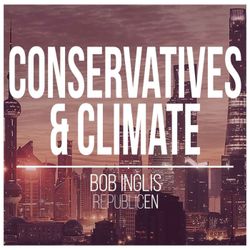
The Conservative Case for Climate Action
34:03|In this episode of the Sustainable Ambassador Podcast, Rich Brubaker speaks with Bob Inglis, former U.S. Congressman and founder of republicEn.org, about the growing opportunity for conservative leadership in the fight against climate change. The conversation explores the cultural and linguistic barriers that have historically kept conservatives from engaging with the climate movement—and how those are beginning to shift. Bob shares his personal journey, explains how conservatives view climate risk and solutions, and outlines why pricing mechanisms and free enterprise are central to a conservative climate strategy. Throughout the episode, Bob challenges both sides to overcome outdated narratives and come together around pragmatic, economically sound climate action.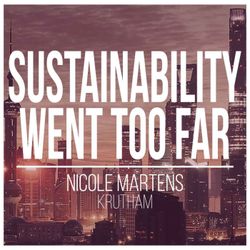
Recalibrating Sustainability: Returning to First Principles
39:27|In this episode, Nicole Martens, Head of Impact Advisory at a South Africa–based think tank and consultancy, reflects on the current state of sustainability and the need to return to first principles. She shares her career journey in sustainability and finance, her perspective on the recent recalibration in the field, and the risks of commitments built on assumptions. Nicole discusses sector-specific challenges, the balance between local and global approaches, the role of finance in shaping outcomes, and the importance of credibility, accountability, and evidence-based strategies. She also offers guidance for professionals on how to navigate the pullback with pragmatism and purpose.
How the Sustainability Movement Lost Its Way
41:21|In this episode of the Sustainable Ambassador Podcast, I sit down with Ralph Thurm, founder of a|head Ahead and co-founder of r3.0, to explore a pressing question: Has the sustainability movement lost its way?Drawing on decades of experience—from Siemens and Deloitte to his leadership role at GRI—Ralph delivers an unflinching critique of the current state of sustainability. Through our conversation, he questions whether sustainability, as it's practiced today, even exists, and together we unpack what went wrong—from flawed assumptions and missed opportunities to the industry's failure to deliver systemic transformation—and what needs to happen now to reclaim the original purpose of the movement.
Reflecting on a 30 Year Career in Sustainability
34:38|In this episode, Rich speaks with Dr. Tauni Lanier, a pioneer in sustainable finance, about her 30-year journey bridging environmental issues with the world of investment and risk. From her early days in investment banking during the Asian debt crisis to launching the Dow Jones Sustainability Index, Tauni reflects on how the language, structures, and professional expectations in sustainability have shifted across generations. She discusses the growing complexity of data, the emergence of uninsurable risks, the role of regulation, and the pendulum swing between generalists and specialists. The conversation offers a candid look at the current environment, the risks of dilution and defensiveness, and thoughtful advice for those working—or entering—the sustainability field today.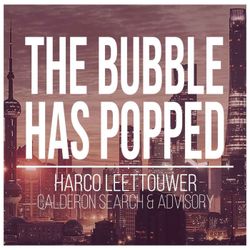
The Future of Sustainability Careers: Conviction Meets Pragmatism
40:51|In this episode of the Sustainable Ambassador Podcast, I speak with Harco Leertouwer, a leading recruiter of sustainability executives, abdout the The Future of Sustainability Careers. It is a conversation that begins speaking to the current state of hiring, and the implications of the recent pullback in sustainability roles, and from there we speak to what it means for teams, budgets, and opportunities across industries. From there, we explore how the career paths of Chief Sustainability Officers and other professionals are evolving, why conviction and pragmatism are now critical to success, and the skills that define leaders who can both inspire with vision and deliver impact in challenging times.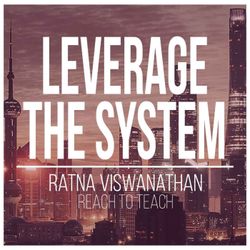
Great Government Partnerships Are a Force Multiplier for Impact
34:51|In this episode of the Sustainable Ambassador Podcast, we explore how great government partnerships become a true force multiplier for impact with Ratna Viswanathan, CEO of Reach to Teach. Drawing on her 30+-wide years of work across government and development positions, Ratna shares with us her insights into the benefits of embedding inside state education departments, co-designing with officials and teachers, and leveraging existing machinery, is the best path to impacting millions.